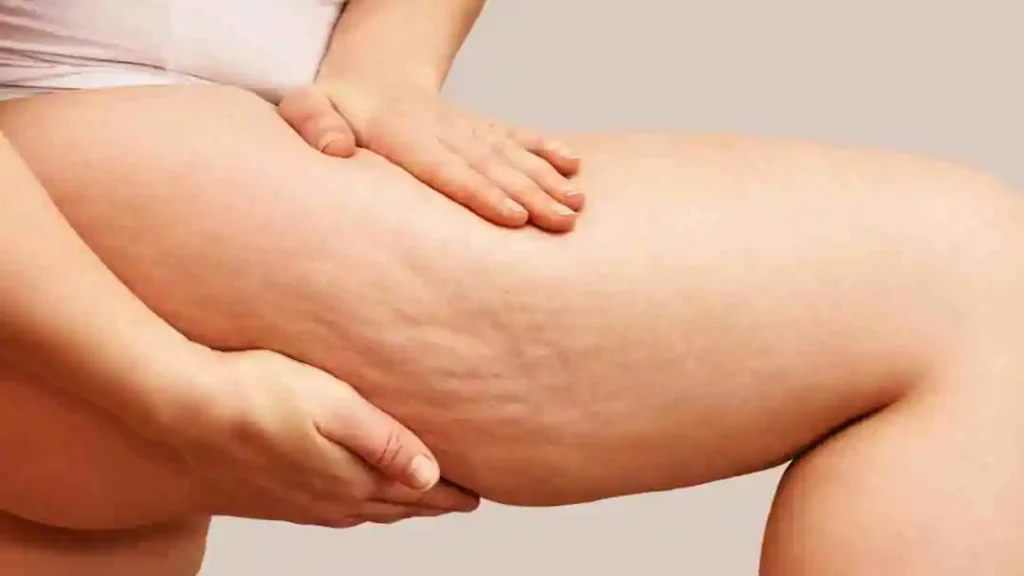At Pharmaesthetics Central, we regularly see patients struggling with ongoing digestive issues—bloating, excess gas, abdominal pain, and unpredictable bowel habits. Many have been told it’s “just stress” or have spent years self-diagnosing through food elimination, yet nothing seems to work. If this sounds familiar, it might be time to consider the FODMAP diet NHS guidance recommends for managing irritable bowel syndrome (IBS).
But while the low FODMAP diet can be life-changing, it’s not something you should attempt alone. In this blog, we’ll explain what FODMAPs are, how they affect the gut, and why clinical supervision is essential for success. If you’re tired of guessing what’s upsetting your stomach, we’re here to help you take a structured and supportive approach.
What Is the FODMAP Diet?
The low FODMAP diet is a scientifically validated eating plan developed to help people with IBS and other functional gut disorders. It focuses on reducing short-chain carbohydrates that are poorly absorbed in the small intestine. These are known as FODMAPs, which stands for:
-
–> Fermentable
-
–> Oligosaccharides
-
–> Disaccharides
-
–> Monosaccharides
-
–> And
-
–> Polyols
When FODMAPs aren’t digested properly, they ferment in the gut, producing gas, drawing in water, and causing symptoms such as bloating, cramping, diarrhoea, or constipation.
The FODMAP diet that NHS specialists recommend is not a long-term restrictive plan. It’s a structured, three-phase process:
1. Elimination – temporarily removing all high-FODMAP foods
2. Reintroduction – systematically adding them back in one at a time to identify triggers
3. Personalisation – developing a sustainable, long-term diet based on individual tolerance

Could FODMAPs Be Behind Your Digestive Symptoms?
If you frequently experience:
-
–> Bloating or visible swelling in the abdomen
-
–> Gas and flatulence
-
–> Abdominal cramps or discomfort
-
–> Diarrhoea, constipation, or alternating between both
-
–> A sense of fullness or sluggish digestion
…and you haven’t yet received a diagnosis, it’s possible that FODMAPs are playing a role. However, these symptoms can also overlap with other conditions such as coeliac disease, inflammatory bowel disease (IBD), or food intolerances. That’s why we strongly advise against starting a low FODMAP diet without proper support.
Why You Shouldn’t Try the FODMAP Diet on Your Own
It can be tempting to download a FODMAP food list online and give it a go, but that often leads to confusion, unnecessary restriction, and frustration. The diet is complex and requires expert guidance to be done safely and effectively.
Without clinical supervision, you may:
-
–> Cut out more foods than necessary and miss out on essential nutrients
-
–> Struggle to complete the reintroduction phase, leaving you stuck on a restrictive plan
-
–> Misidentify trigger foods, leading to continued symptoms or fear around eating
-
–> Fail to address any underlying conditions that mimic IBS
At Pharmaesthetics Central, our team is here to make sure you don’t have to go through it alone.

How We Can Help
We offer a comprehensive digestive health assessment service designed to help you understand what’s causing your symptoms and guide you through a tailored nutrition plan.
Our support includes:
-
–> Initial consultation to assess your medical history, symptoms, and lifestyle
-
–> Diagnostic guidance, including referral for tests if necessary (e.g. coeliac screening or stool testing)
-
–> Personalised nutrition plans based on NHS-endorsed low FODMAP principles
-
–> Step-by-step guidance through the elimination and reintroduction phases
-
–> Meal planning tips, shopping lists, and recipe suggestions to make the diet easier
-
–> Ongoing support to ensure you’re meeting your nutritional needs and making progress
If your symptoms are not caused by FODMAPs, we’ll help you explore other possible triggers and recommend appropriate care. Either way, you’ll be moving towards relief with a clear plan and professional backing.
Is It Time to Take Your Gut Health Seriously?
Digestive discomfort can have a huge impact on your quality of life, physically, emotionally, and socially. You deserve answers, not assumptions. The FODMAP diet NHS trusts as a treatment for IBS could be the key to getting your symptoms under control, but it’s most effective when done with clinical support.
At Pharmaesthetics Central, we combine evidence-based methods with compassionate care to help you feel lighter, more comfortable, and confident about your food choices again. We also provide comprehensive support for those looking to make lifestyle changes to lose weight and support their wellbeing.
Contact us today to learn more or book your consultation through our online booking form. Let’s get to the root of your gut issues—and build a plan that works for you.

This blog was written on behalf of Pharmaesthetics Central by Pharmacy Mentor.







